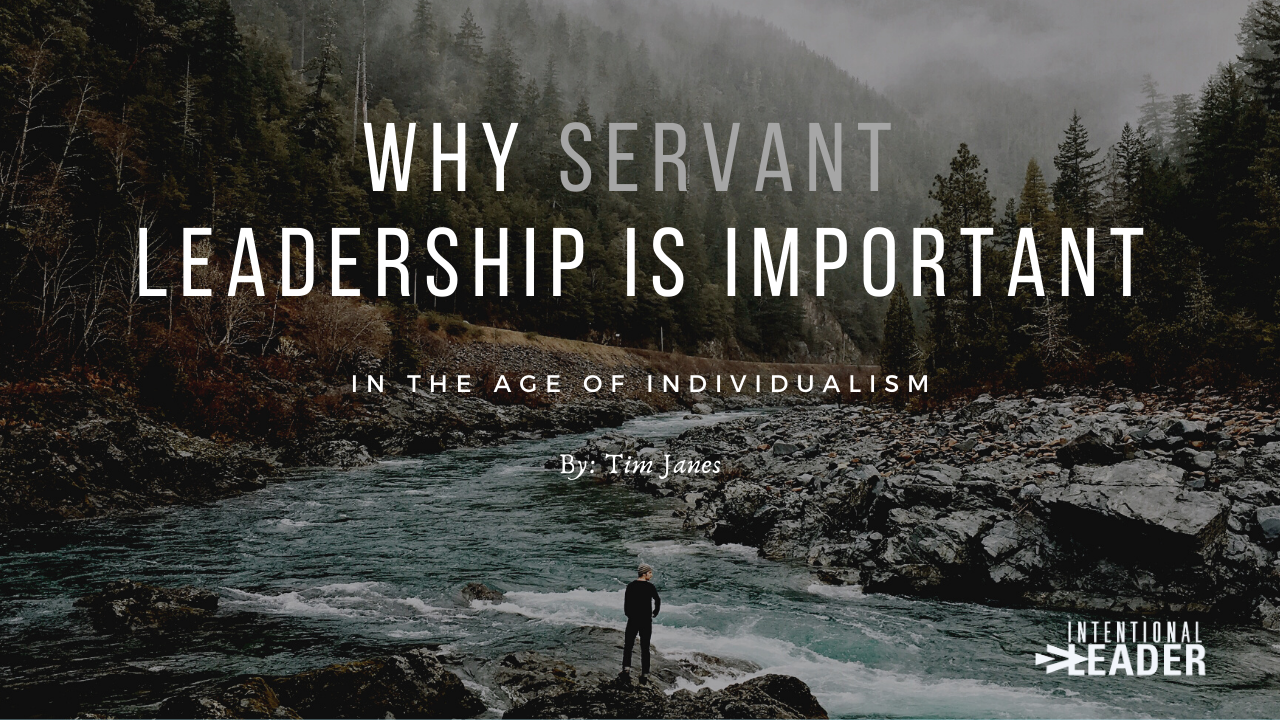One Mindset Shift for Success
By: Tim Janes
Last week, as my wife and I sat down to dinner, we began our usual after-work chat. This time was different, though - she was visibly excited. She started, “I have to tell you about this resilient little girl that I treated today.” As a pediatric physical therapist, my wife works with kids who are trying to meet physical goals to improve their function. Some make quick progress in their goals, while some take many sessions and long hours of treatment. What’s the difference between them?
My wife continued: “She was walking on the balance beam, trying to get from one end to the other without falling. She looked fearful and hesitant because this was not an easy task for her. After several attempts, she fell so abruptly she instantly started crying. She was embarrassed, and defeated. After she wiped off her tears she looked up at me with an unusual expression. I said, ‘Do you want to stop? We can do something easier.’ She said, ‘No, I want to finish, I can do this.’ Not only was I surprised, I was impressed. We trudged on. In two more attempts she walked across the whole beam without falling and we celebrated. I thought to myself: wow, she just changed her mindset and met her goal!”
Promotion vs. Prevention Mindsets
What if the biggest obstacle standing in the way of us achieving our goals is our mindset?
Do any of these thoughts sound familiar?
I don’t want to go to the gym today.
I don’t want to cook tonight.
I don’t want to have that difficult conversation.
For me, personally, those are all regular thoughts that I have. The thoughts are not inherently good nor bad, but the resulting actions often do not align with my values. The actions derived from the above thoughts usually become:
Skipping a workout, which is a missed opportunity to make my body stronger.
Eating a meal out, instead of healthy, home-cooked food.
Avoiding a conversation that could have led to growth or connection for me, the other individual, or my team.
Perhaps the simplest change that we can make in order to better align our actions with our values is to change our mindset. Just because it’s simple, doesn’t mean it’s easy. With that in mind, I ask you:
What DO you want?
For me, the answer to that question in relation to the thoughts above are:
I want a stronger, healthier body.
I want to feed my body healthy food, because I want to nourish it.
I want to create deeper connections with others, and I want to foster growth within myself and those around me.
It’s a subtle difference, but do you see what this change does? It’s a positive view on the things that we face every day. Instead of avoiding or trying not to lose, we can face things head on and try to win. The former leads to lack of intentionality, passion, and purpose. The latter leads to intentional action, ignited passion, and fulfilled purpose.
Our mindsets are the foundation from which we operate. This specific one is called a promotion mindset – the opposite being a prevention mindset. A promotion mindset determines our direction of travel – are we actively moving toward fulfillment (promotion), or are we passively moving away from challenge (prevention)? The sooner we learn to actively move toward passion, purpose, fulfillment, connection, or love, the sooner we can overcome friction and achieve our goals.
For the little girl in our story from the beginning, this meant focusing on completing her task to meet her goal, instead of focusing on preventing failure. She could have easily chosen to stop - it’s not fun for any of us when we fall off the proverbial balance beam over and over. Instead, she intentionally chose to pursue success.
Recap & Application
Before we wrap up, let’s recap those thoughts and corresponding actions:
Changing our mindsets is not easy - we have often carried them for years. As with all change, the first step is awareness. So, to aid in the process, here are some questions to ask yourself to see whether you are using a promotion mindset:
Am I being purpose-focused (promotion), or comfort-focused (prevention)?
Am I actively seeking to win (promotion), or seeking to simply not lose (prevention)?
Am I empowering individuals’ decisions and creativity (promotion), or demanding conformity (prevention)?
If you find yourself gripped by a prevention mindset (as I often do), how can you cultivate a promotion mindset? What can you do to reframe your “I don’t want to’s…” into “I want to’s”?
If you want more information on the promotion mindset, or if you want to learn about other positive mindsets, I suggest you pick up Success Mindsets by Ryan Gottfredson. That book is a great place to start, but it’s up to you to choose the mindsets from which you operate.
For several of our podcast episodes where we explore mindsets, check out Cal’s conversation with Ryan Gottfredson or Jon Gordon.
Tim is a young professional whose life mission is to create supportive communities, so that others may thrive. He is the Process Manager for an HVAC distributor, where he has worked since he graduated from The University of Scranton in 2015.
With a bachelors in Operations Management and a minor in Philosophy, Tim spends his time critically thinking about optimizing people and processes. He strongly believes that each person has the power within them to positively affect the world, and that the role of a leader is to help their people harness that power.
Tim subscribes to the ideals of Servant Leadership, more specifically in connection with Jesuit/Ignatian ideals of care for the whole person, service of others, and striving for the "more." Tim lives in New Jersey with his fiancee, and he has a passion for soccer, photography, and personal development.













